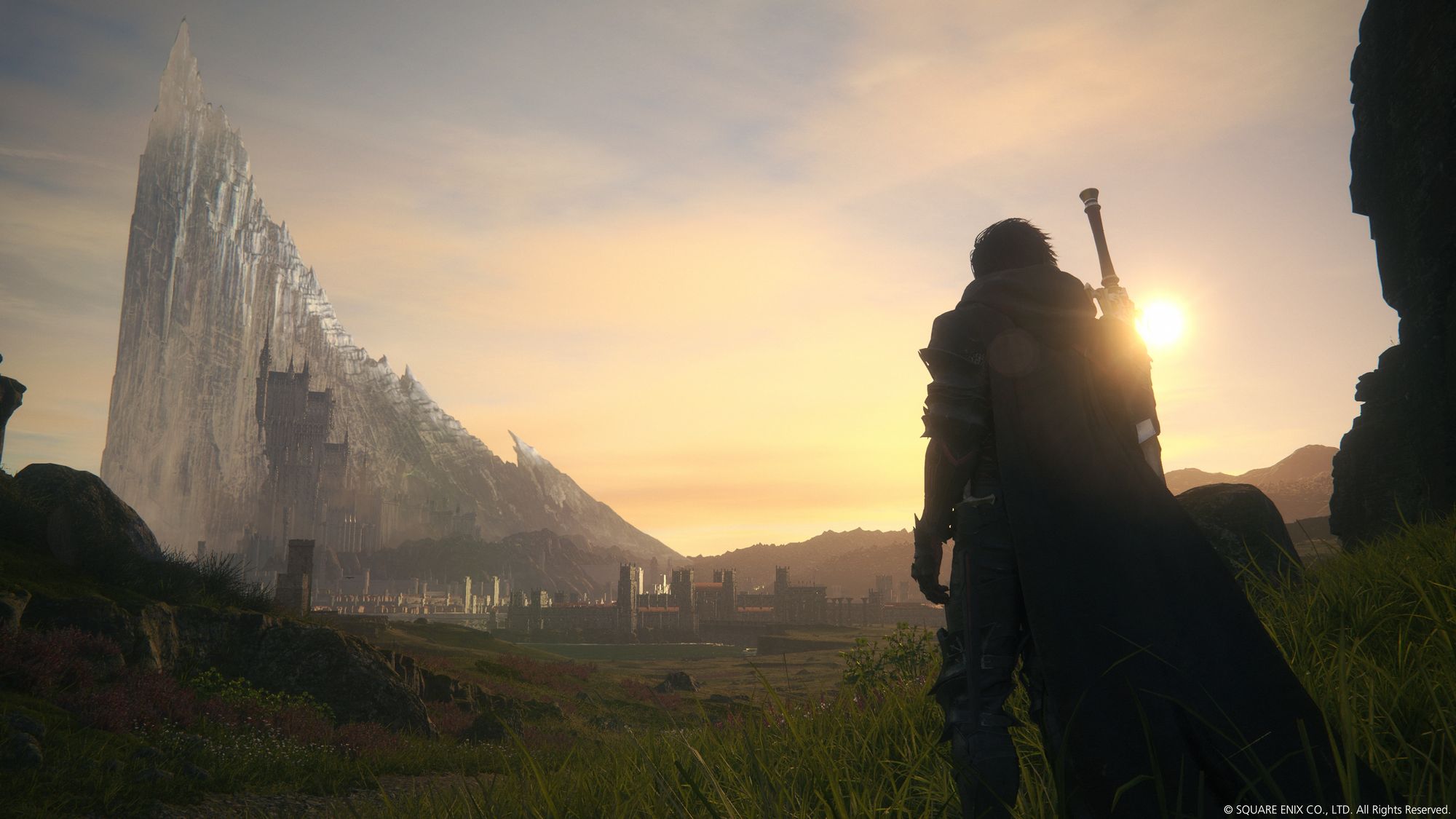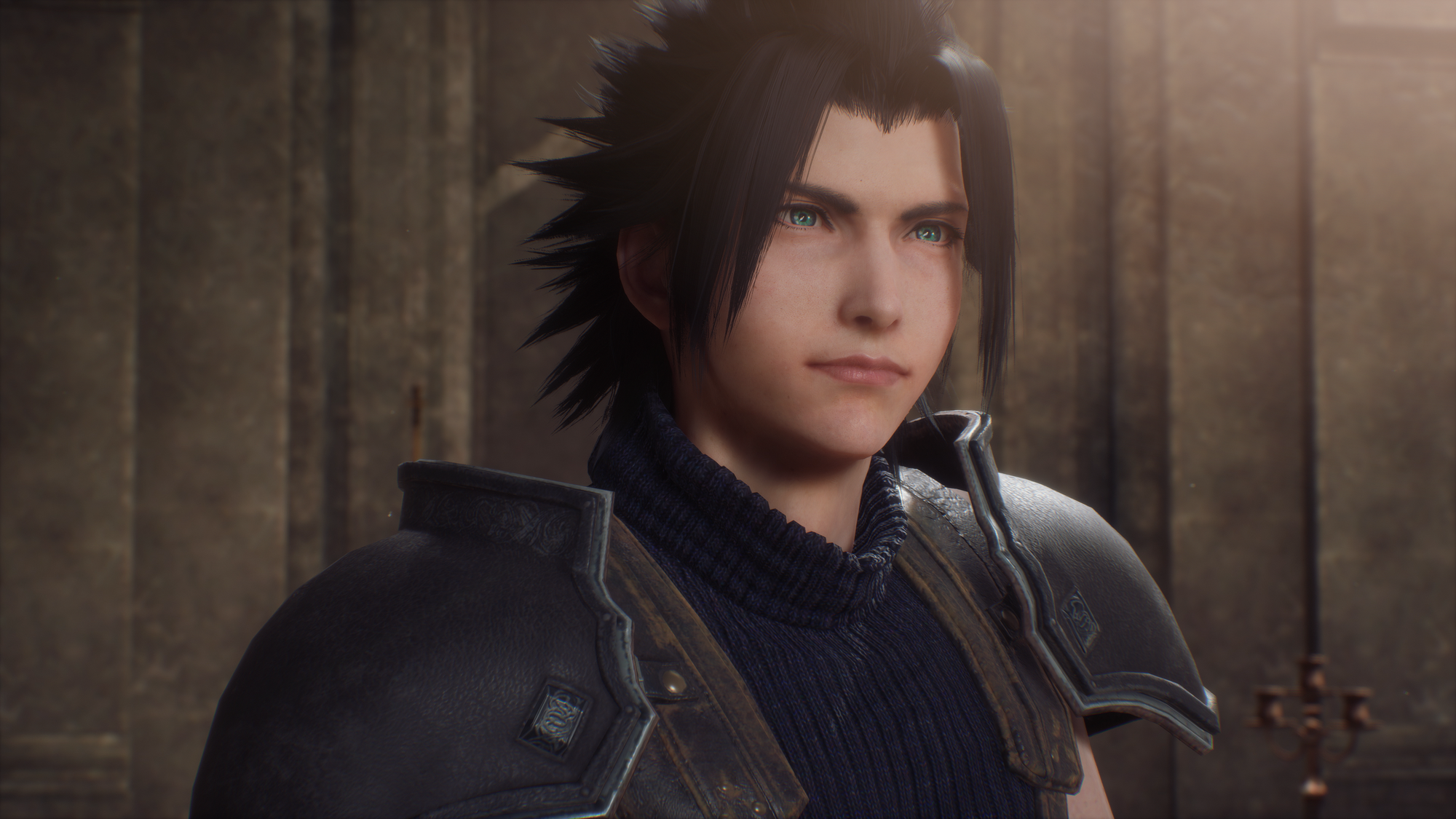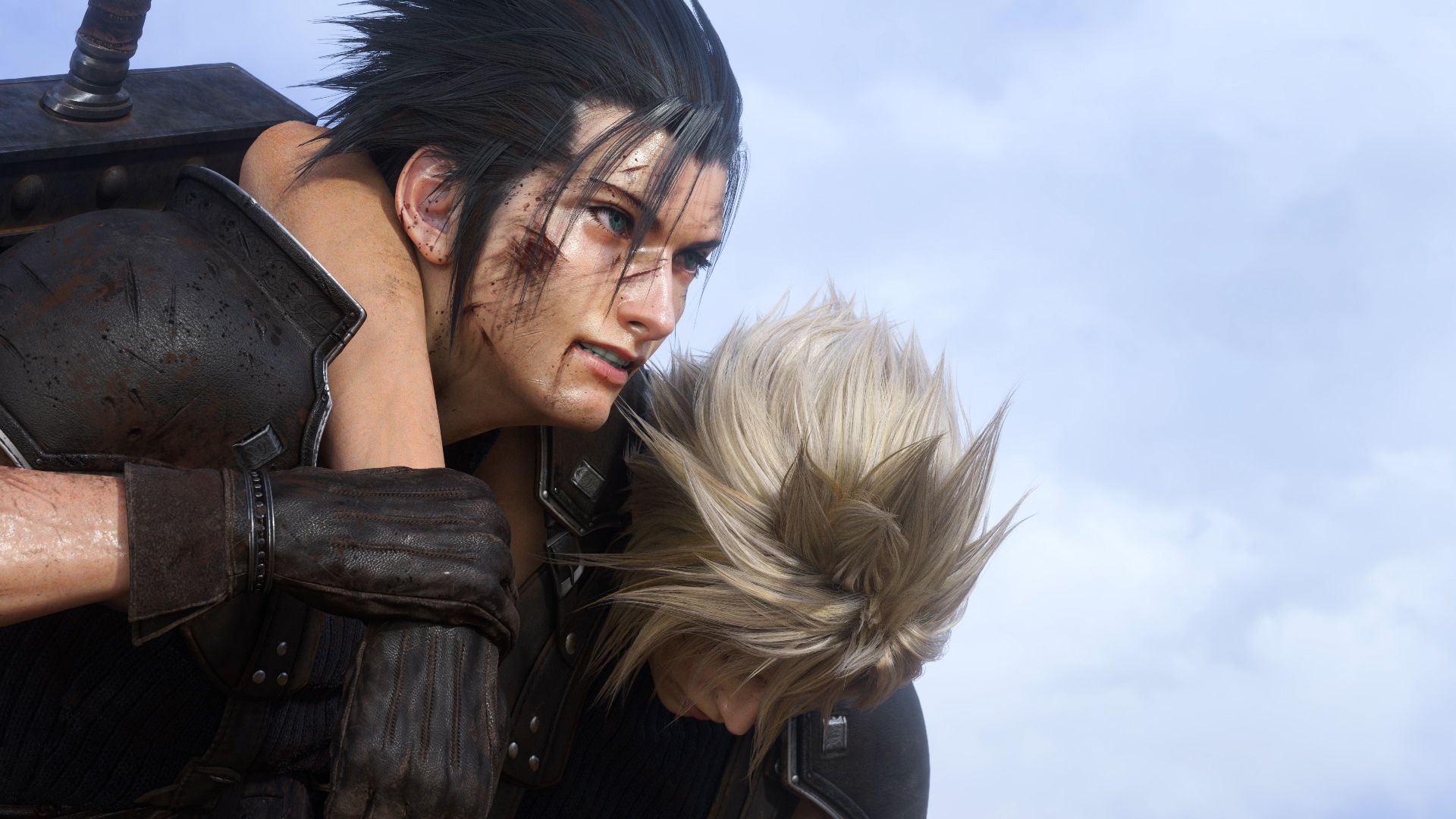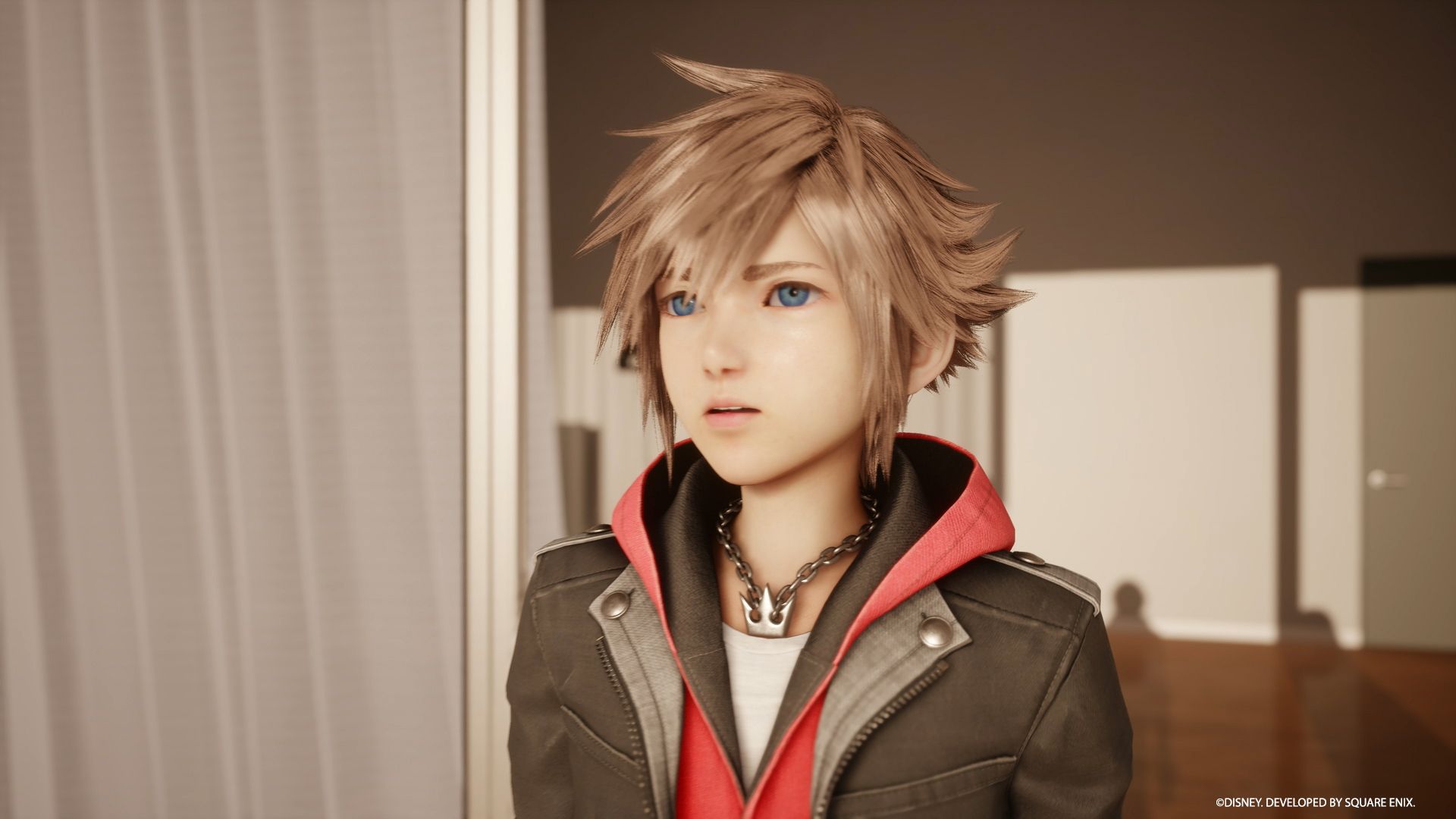Square Enix Has Given Me Back My Childhood
Do the recent reveals of so many Final Fantasy titles mark the return of Square Enix's golden era?

The Japanese gaming giant has made a number of reveals in only a few days, reminding an older generation of players from across the world of the company that they once knew and couldn't help but start following.
The story is familiar to everyone who's ever played a Japanese role-playing game. Once upon a time, a company called Squaresoft released a game called Final Fantasy VII that took the world by storm and went on to become one of the best-selling video games of all time.
What may not be so well-known is that the period of time in which Squaresoft (now Square Enix) released the game was also known as the "golden era" of the company among gamers. Why is that, do you ask?
Both quality and quantity made for a killer-combo
At the dawn of the fifth console generation and for a good while afterward, we were being treated to some of the world's greatest JRPGs almost on a yearly basis. And Squaresoft was responsible for about 50 percent of that. Final Fantasy VII, VIII, and IX were titles that even to this day can never be forgotten by the global community (how many times have they been remade or remastered)? They've made such a lasting impact that it's difficult to tell if the company will ever surpass them with their own, original creations, although admittedly, Final Fantasy XIV has come close to achieving this.

But what's important here is not just the quality but the quantity. Again, these games were released within a year of one another. There were no three-year radio silences or "announcements about announcements." Don't forget, back then the internet didn't exist, so our only source of gaming information would be poorly written game publications or if we physically visited our nearest department store.
And seeing a new Final Fantasy title almost every 12 months, especially after what VII (or for some, even VI) had done to us, was worth noting. The franchise became a topic of conversation within small groups at high schools and gamers would talk to one another about how far they had gotten into the game, doing their very best to avoid spoiling anything for others and to contain their anticipation for the moment they could return home, boot up their console and resume their adventure.
That's why the years of the late 90s through the early 2000s came to be known as the "golden era" of the franchise. Not only because of how good those games were, but also due to the frequency with which they were released.
A series of blunders and the way back to success
Fast forward to today, where Square has merged with Enix and made a number of questionable decisions throughout the years. To their credit, they have appeared to slowly climb out of the hole they dug for themselves, with small glimpses of grandeur such as Final Fantasy XIV (seriously, if you haven't played that game, you're doing yourself a major disservice!) Kingdom Hearts III and its DLC, ReMind (I thought it was great!), or Nier Automata.
But for every one of those, there's also a Guardians of the Galaxy or Marvel's Avengers type of blunder that has the company's logo plastered all over it. So, it's easy to understand why people aren't exactly rushing to get behind them.

A few months ago, they decided to sell a whole bunch of companies and franchises that they themselves had bought some years back! Most notable among them were Tomb Raider franchise developer Eidos Montreal, and Crystal Dynamics.
The move made people think that Square Enix was beginning to close down, slowly but surely selling away their major assets while they were still worth their buck. But really, they were just setting the stage for the greater things to come.
It was becoming increasingly obvious that having a high volume of successful franchises under your belt doesn't necessarily assure success in the long run. If the titles made for those game series are low in quality, then it not only harms Square Enix themselves, but also the franchises and the developers. So, it was decided that it would be best to offload some of the weight so they could move on and find success elsewhere, while Square Enix focuses on what it always does best.
The first signs of how correct that decision was have slowly begun to appear. The company made quite an impression at this year's, well, whatever it was (call it E3 or Summer Game Fest if you want!) with some saying that it even "won the show" for Sony due to the fact that its most anticipated titles will be PlayStation 5 exclusives.

A small glimpse at what's to come: the "platinum" era
The successor to the Kingdom Hearts franchise, Kingdom Hearts IV, was revealed, while the next mainline entry for Square Enix's flagship series, Final Fantasy XVI, was given a release window for next summer. If that wasn't enough, the team from Final Fantasy VII announced that they'll be releasing a remaster of the PlayStation Portable's arguably most popular game, Crisis Core, this winter and showed a first glimpse at Part Two of the remake project which will henceforth be known as FF VII Rebirth.
And that's without even mentioning the fact that Forspoken is set to be released in October (last time we checked) or that they've got a whole number of other projects in the oven (Star Ocean 6, Dragon Quest XII, Dragon Quest III HD-2D Remake, Valkyrie Elysium, Live A Live, Front Mission Remakes, The DioField Chronicle, to name a few!)
Personally, I won't be playing all of those. In fact, I don't think I'll even find the time to play half of them. But most of these games are considered noteworthy. And most of the heavy hitters (Crisis Core, FF7R) will be released, not within years, but months from one another.

The quality of these titles is almost assured. Crisis Core is in the top-10 best selling PSP titles in history, starring one of the most likable (and tragic!) characters the franchise has to offer. FFXVI is being made by the core members of the team that delivered to the gaming industry the unbelievable tale of FFXIV. FF7Rebirth will be the second part of FF7Remake, which is based on one of the greatest games of all time.
Based on that knowledge alone, we know we're in for an amazing time. Then there's KHIV, the third part of the FF7Remake project, the (inevitable) remaster of Dirge of Cerberus, and Final Fantasy XIV's next expansion to look forward to.
I don't know how you feel about all this but personally, if the late 90's were Square's "golden era", I'd have no trouble calling this their "platinum"!
It's like I'm back in high-school all over again! Only with cooler phones.